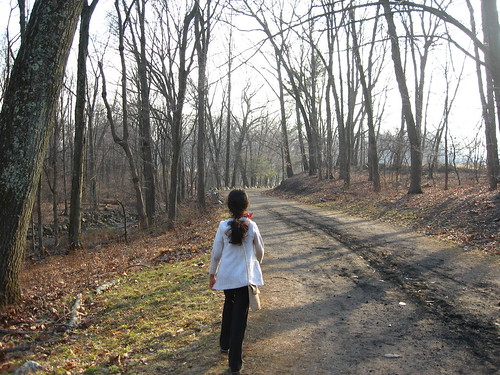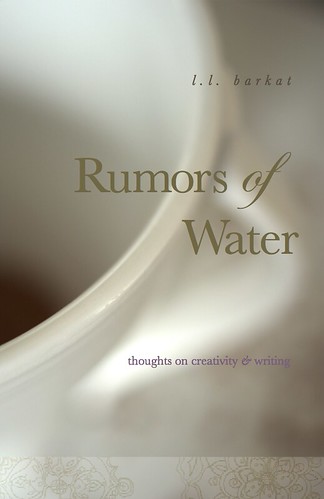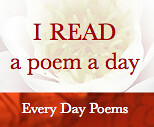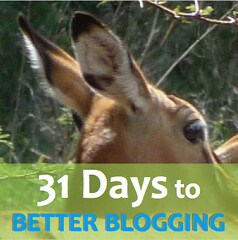
Counseling just might ruin your marriage. Or at least not salvage it.
That's the surprising implication of John Gottman's discoveries regarding love, as discussed in
The Seven Principles for Making Marriage Work. I'm simplifying of course, but one of his basic ideas is that counseling can set a couple against each other, as each party works to explain what's wrong in the marriage (which, often, is actually a discussion of what's wrong with the other person). It can be more effective to focus on what's right and just plain have fun together (Gottman offers exercises in this regard, in case we get stumped on how to do this).
Thinking on this, and on the assertions of John Medina in
Brain Rules: 12 Principles for Surviving and Thriving at Work, Home, and School, I wonder what a new kind of counseling might look like.
Medina's work isn't focused on relationships per se, but mentions how devastating
stress, lack of sleep, lack of exercise, and
multi-tasking can be for the individual in relationship. Also, I don't remember if he discusses the role of needing endorphins... our own "brain happy chemicals", but that's a factor in individual and relational well-being too.
Anyhow, Medina notes that marital satisfaction plunges deeply (something like 60% or more... the exact figure escapes me) in the first year of having kids. Kids, are we surprised, cause
stress (the average toddler makes demands about three times a minute!!),
lack of sleep, and often throw us into
multi-tasking mode. We tend to ditch our
exercise plans in the face of family life demands. It's a recipe for... all sorts of unhappy scenarios.
Lastly, and this relates to Medina's discussion of brain wiring and re-wiring, I'm reminded of a story I told in
Stone Crossings: Finding Grace in Hard and Hidden Places. It's a sad story, about the day I slapped my little daughter. This was an absolute low point in my life. Really.
No one ever asks me why I did it or how I managed to never do it again (maybe they're afraid to ask?). I credit the Spirit, for guiding me into a simple, scientific, practical approach. For, as the dust settled and I grieved my failure, I was guided not to do something ethereal like pray, but rather to consider my physical state. I was asked to notice the symptoms of an adrenaline surge (racing heart, shortness of breath, increased temperature).
Adrenaline surges make us ready to fight or flee. That sorrowful day, I fought my child with a slap. And the regret was terribly deep. But I was also led to consider how my past had brought me to that place. I grew up in a situation of general escalation. Years and years of this had wired me to go from 0 to 60 in a matter of seconds, whenever conflict arose. Usually, the stress of this stayed inside but kids have a way of pushing us to our limits, and I had caved, to my great surprise and disappointment.
Which brings me back to my musing. What if, instead of packing off to the counselor (and maybe a little Valium too), we took a practical and scientific approach to our conflicts? (Don't misread me here; I'm not suggesting that counselors or medication are not an option... I'm just saying... what if? Also, counselors can help individuals and families to create brain-based health plans.)
Okay, so if I were going to apply this to myself, it might look something like this:
1. exercise daily, preferably outside, with my family when possible (increases endorphins, relieves stress, provides together-time, exposes us to healing power of nature as discussed in studies in
Last Child in the Woods: Saving Our Children From Nature-Deficit Disorder)
2. play daily, preferably outside, with my family when possible (increases endorphins, relieves stress, provides together-time; for more on the
healing power of laughter, read here)
3. eat well (especially include essential fatty acids, which influence brain chemistry)
4. get adequate sleep, even if it means having to take an afternoon nap (20 minutes or 1 1/2 hours are the optimal lengths)
5. recognize the symptoms of an adrenaline surge and counter them with: deep breathing, an exercise timeout, talk to the problem ("I feel you, Adrenaline. You're preparing me to fight. But I don't want to hurt myself or anyone else. You need to leave me alone now.")
6. make a morning list of three Most Important Tasks and do them before getting on-line (relieves stress, reduces multi-tasking) (For more ideas on stress-relieving time management, try some of the ideas in
Power of Less, The: The Fine Art of Limiting Yourself to the Essential...in Business and in Life)
7. on my morning list, jot one thing I love about each member of my family
8. and, of course, pray (what's good for the soul is good for the brain :)
I'm curious. What would your brain-based, practical plan to individual health and relationships look like?
Labels: counseling, counter depression, laughter and healing, life management, marriage counseling, personal change, relieve stress, strengthen relationships













